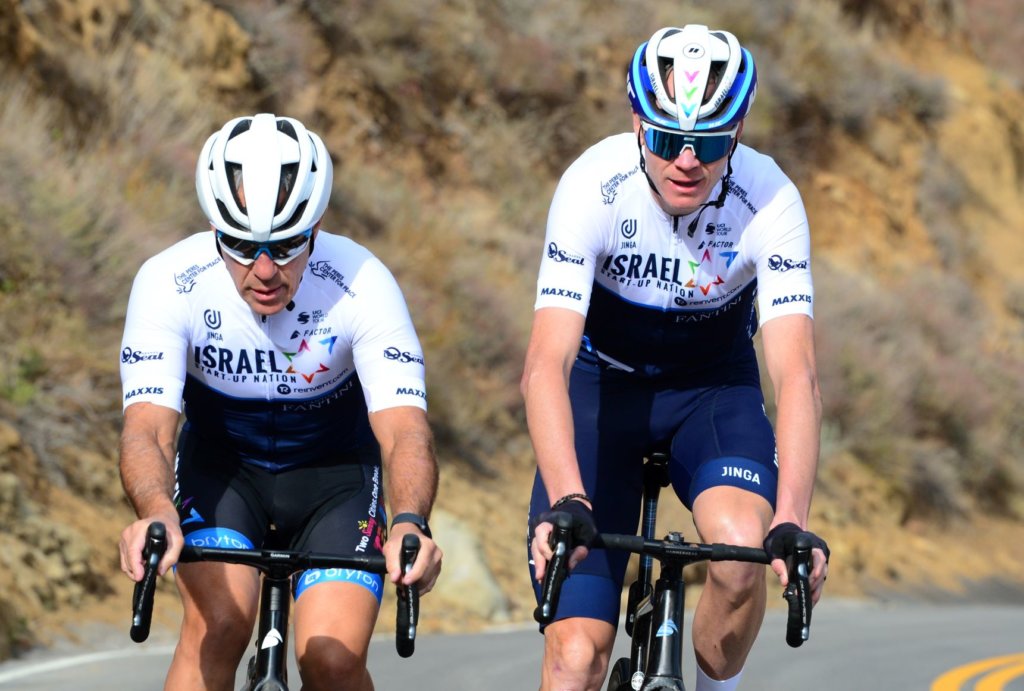Original Article published in the Jerusalem Post
“For Friends of Access Israel and our collaborative partners Access Israel, disability awareness and inclusion is our daily calling,” said executive director Jaime Lassner.
An online series featuring an array of impressive individuals who are involved in the field of disability access is taking place this month to mark Jewish Disabilities Awareness, Acceptance and Inclusion Month (JDAIM).The series is the brainchild of Jamie Lassner, executive director of Friends of Access Israel (FAISR) who, when he first learned about JDAIM, began thinking of creative ways to share stories with the wider world of the strengths and accomplishments of people with disabilities. Lassner created and is hosting a month-long interactive Zoom series every Monday through Thursday in February (8 p.m. Israel time) featuring an all-star cast of speakers with disabilities and people connected to the disabilities’ community.
The series, titled, Access Is-Real features Richard Bernstein, a blind judge; Stephen Shore, an autistic professor; SpaceIL founder Yariv Bash; business owners Mark and John Cronin (John’s Crazy Socks) and Bill Morris (Blue Star Recyclers), who are noted for impressive practices of training and hiring people with disabilities; Omer and Shmulik Zur, creators of Paratrek; and other similarly impressive personalities. Lassner has reached out to schools around the world to participate and learn from the speakers and enjoy a break from the traditional day of in-person or virtual learning. FAISR will offer prizes to three winners who write poems or essays reflecting on what they have learned from the speaker series and on actions they will take to be more inclusive in their own lives.“For Friends of Access Israel and our collaborative partners Access Israel, disability awareness and inclusion is our daily calling. We hope that Access Is-Real is a catalyst for all to become more aware, involved and inclusive of all,” said Lassner.In the first session, Lassner interviewed Pascale Bercovitch, a paralympian who has participated in three Olympics in three different sports. She shared the story of losing both legs at age 17, making aliyah from France, and competing in swimming, hand-biking and currently in kayaking. She is proud of how far Israel has come in the area of accessibility.“Thirty-six years ago, I didn’t even know how to say ‘accessible’ in Hebrew! Nothing was accessible.” Thanks to the efforts of Access Israel, she reports that she is now able to go to the beach, take buses and move around fairly freely. “Israel is now one of the more advanced countries when it comes to accessibility.”
The series is co-sponsored by the Consulate of Israel in New York, which has shared the event widely on social media.Access Israel regularly hosts an international conference in Israel each year, and recently hosted its seventh international online webinar, titled “Accessible Future: Innovation in Web and App Accessibility.” The webinar was attended by 800 people from 80 countries. Access Israel founder Yuval Wagner and CEO Michal Rimon were Access Is-Real guests on February 2nd.According to Shelly Christensen, CEO of Inclusion Innovations and co-founder of JDAIM in 2009, February has long been known in the Jewish world as Jewish Disability Awareness and Inclusion Month and is “a unified effort among Jewish organizations worldwide to raise awareness and foster acceptance and inclusion of people with disabilities and mental health conditions and those who love them. JDAIM is a call to action for all of us to act in accordance with our Jewish values, honoring the gifts and strengths that we each possess.”During the month of February, the Jewish Federations of North America sponsors the similarly named Jewish Disability Advocacy Month, which they describe as “a month of education, solidarity-building, and empowerment in support of people with disabilities.” The theme for their month-long series of programs is “From Empowerment to Advocacy.”JDAIM events around the world, mostly virtual this year, are an important initiative to raise awareness about disabilities, inclusion and belonging in the Jewish world and in the larger society.






